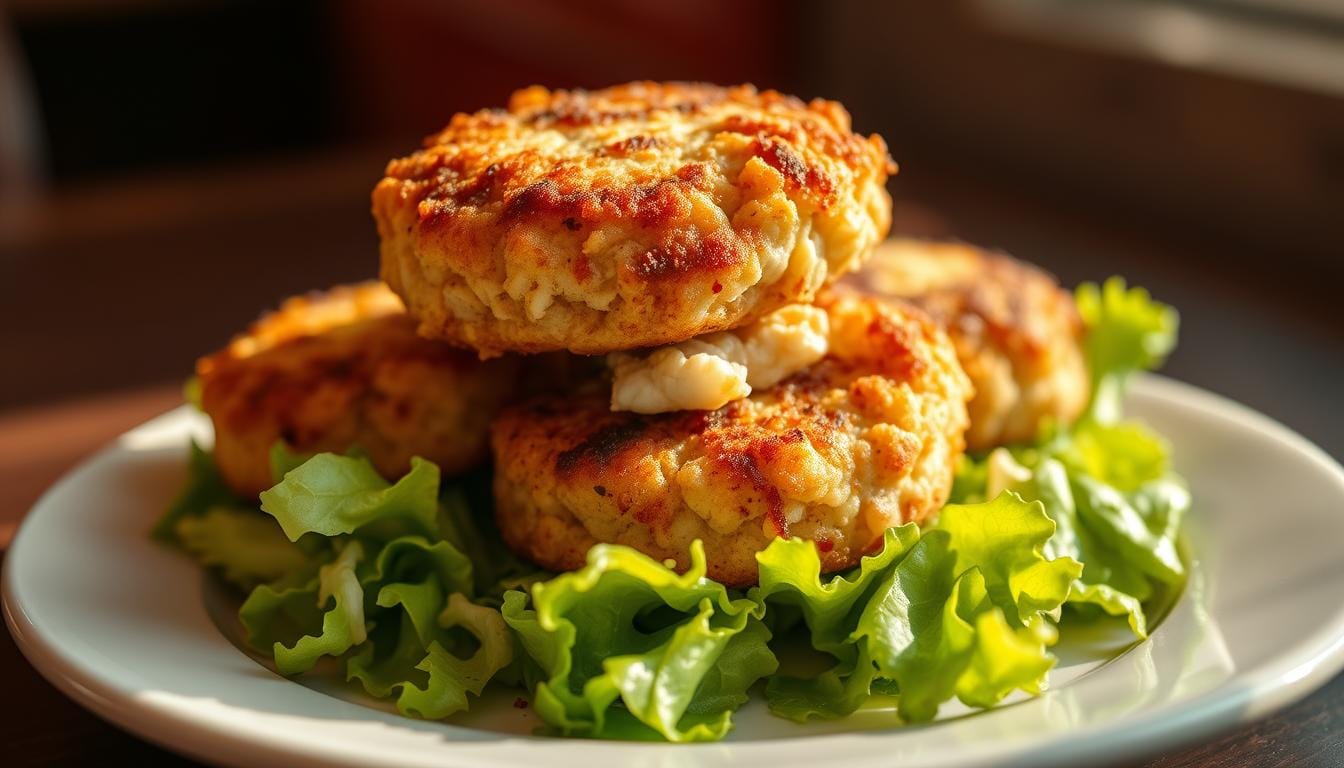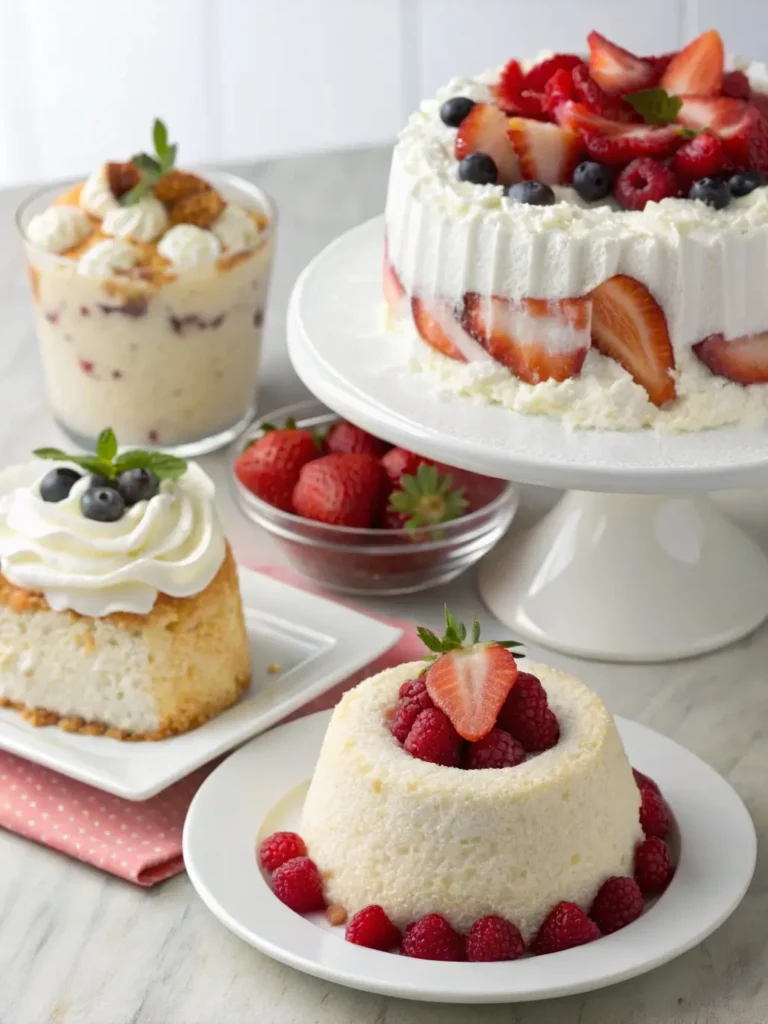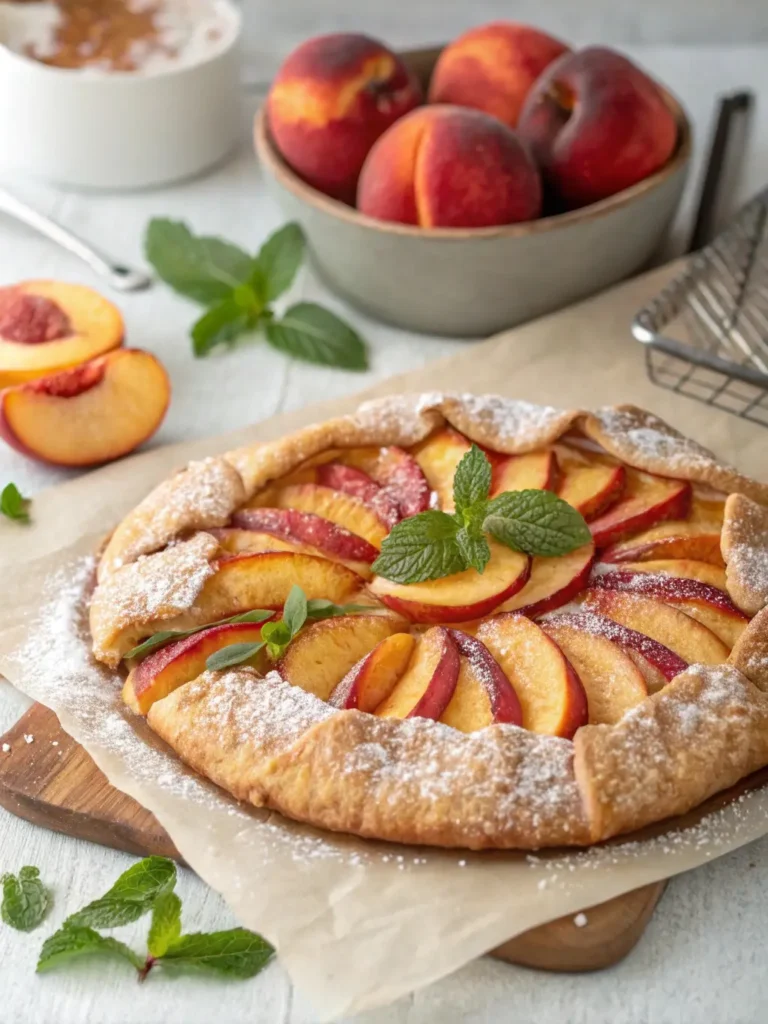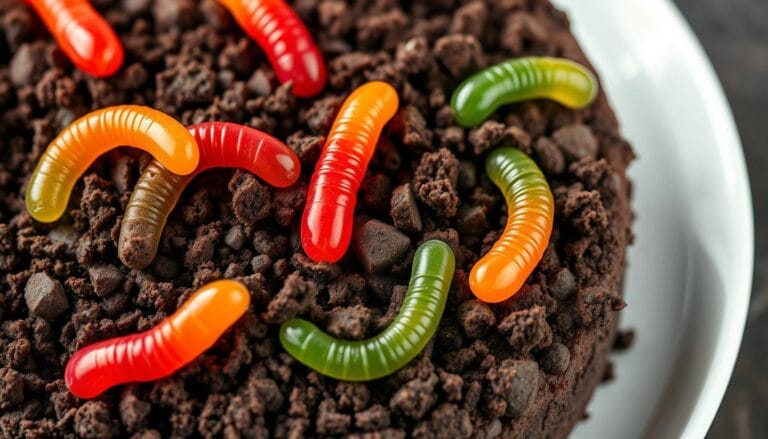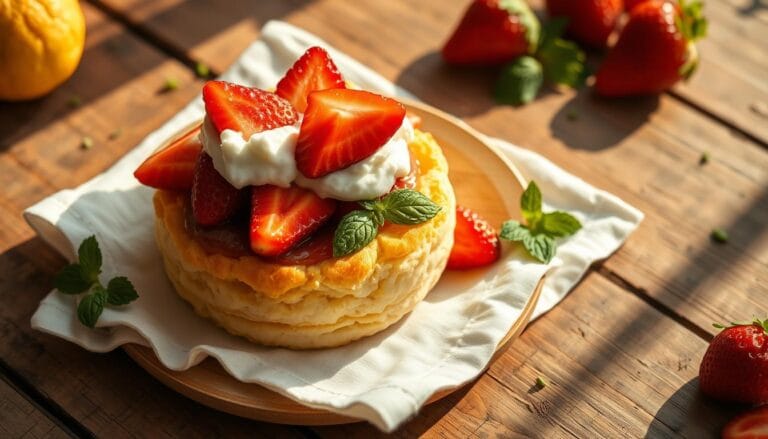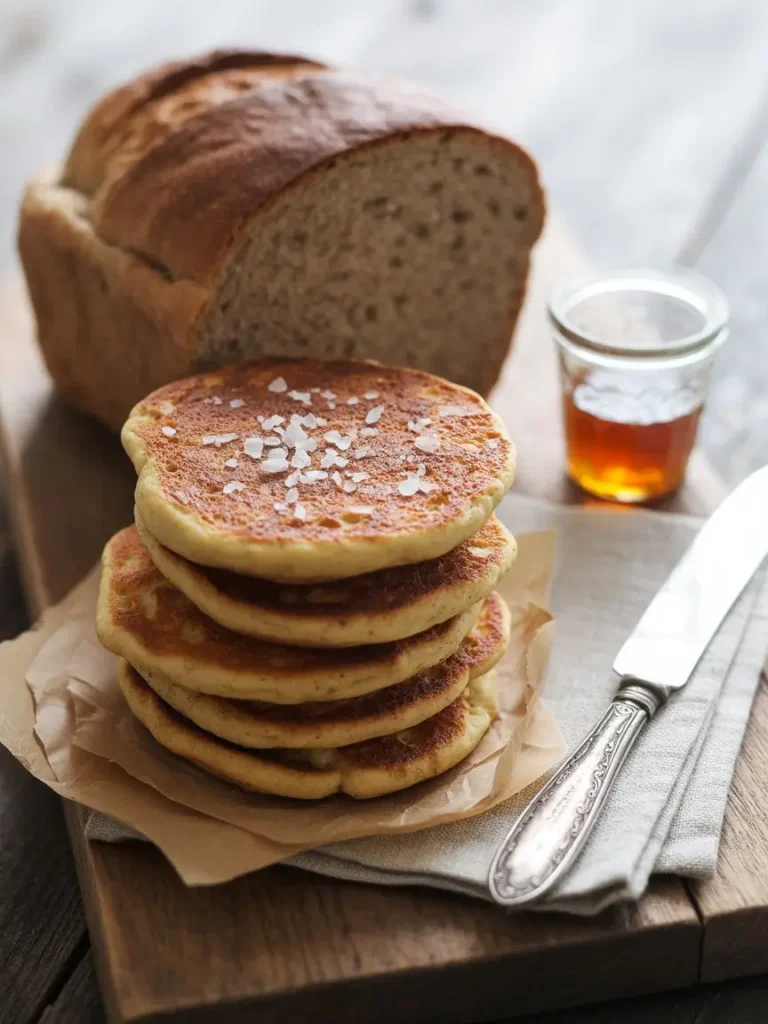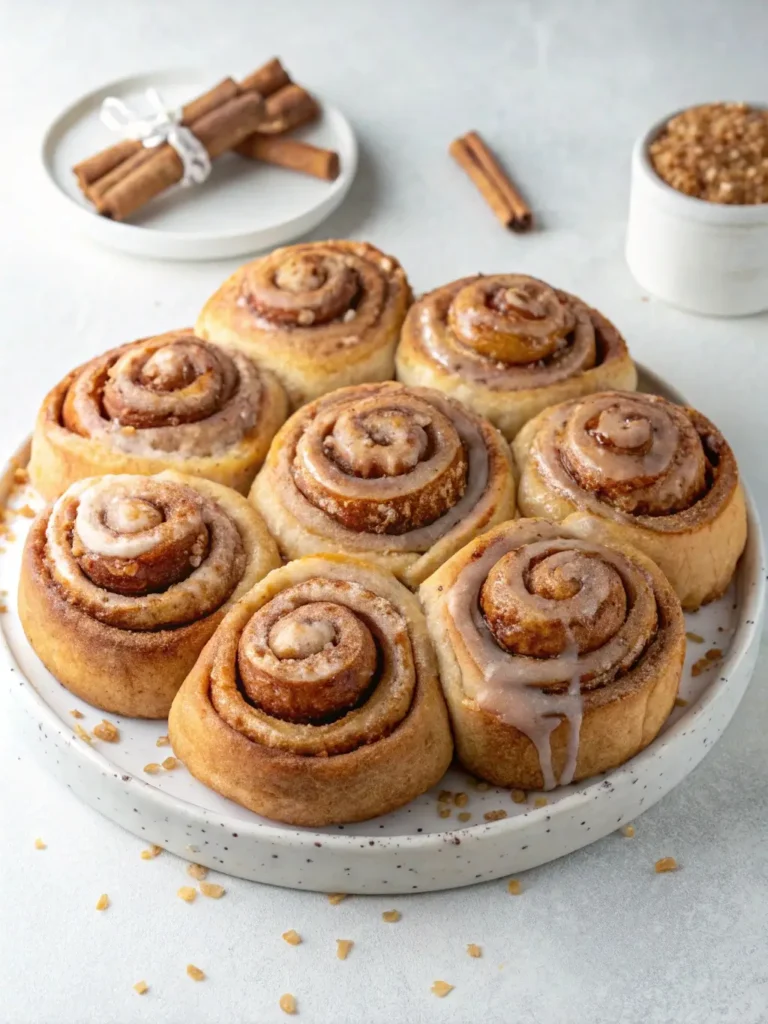How to Make Authentic Old Bay Crab Cakes at Home
Growing up by the Chesapeake Bay, I learned crab cakes are more than food. They’re a treasured tradition. Every summer, my family would come together to make Maryland crab cakes. We used Old Bay seasoning and the freshest blue crabs.
Making the perfect old bay crab cake recipe is about more than ingredients. It’s about capturing Maryland’s rich seafood heritage. Whether you’re cooking at home or love to cook, making these authentic Maryland crab cakes will take you to the Chesapeake Bay with every bite.
Table of Contents
Key Takeaways
- Authentic Maryland crab cakes require minimal filler
- Old Bay seasoning is crucial for traditional flavor
- Fresh jumbo lump crab meat ensures best texture
- Proper mixing technique prevents tough crab cakes
- Cooking method impacts final taste and presentation
Understanding Maryland’s Signature Crab Cake Tradition
Maryland’s seafood recipes are deeply rooted in a rich culinary heritage. This heritage celebrates the Chesapeake Bay’s most prized treasure: blue crabs. The state’s love affair with crab cakes is more than just a dish. It’s a cultural tradition that connects generations of coastal communities.
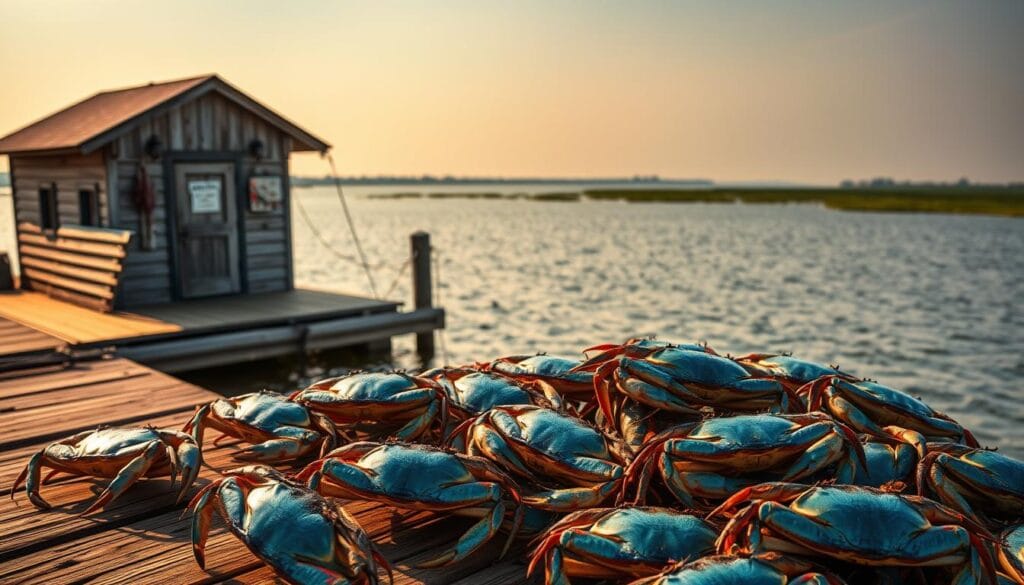
The Chesapeake Bay Blue Crab Legacy
Blue crabs have been at the heart of Maryland’s maritime economy for centuries. These delicate crustaceans swim in the unique brackish waters of the Chesapeake Bay. This creates a flavor profile that’s unmatched anywhere else in the world.
Local fishermen have passed down their crabbing techniques through generations. They have preserved a time-honored tradition.
- Sustainably harvested from Chesapeake Bay waters
- Unique sweet and tender meat texture
- Critical to Maryland’s coastal ecosystem
What Makes Maryland Crab Cakes Special
Maryland crab cakes are special because they have minimal filler and maximum crab meat. The focus is on highlighting the natural sweetness of the blue crab. Not drowning it in breadcrumbs or heavy seasonings.
The Old Bay Seasoning Story
No discussion of Maryland crab cakes is complete without mentioning old bay seasoning. This iconic spice blend was created in Baltimore in 1939. It has become synonymous with authentic Maryland seafood.
Its unique combination of herbs and spices perfectly complements the delicate flavor of blue crab meat.
| Old Bay Seasoning Components | Flavor Profile |
|---|---|
| Celery Salt | Savory Base |
| Paprika | Warm Undertones |
| Red Pepper | Subtle Heat |
When you prepare your own crab cakes, understanding this rich tradition is key. It will help you create an authentic Maryland culinary experience. This experience honors generations of coastal cooking.
Essential Ingredients for Authentic Old Bay Crab Cake Recipe
Starting a great crab cake recipe means picking top-notch ingredients. A true Maryland-style crab cake is all about simplicity and quality.
For real crab cakes, stick to a few, high-quality items. This lets the fresh crab meat take center stage.
- Fresh Lump Crab Meat: The most critical ingredient, preferably jumbo lump from blue crabs
- Old Bay Seasoning: Maryland’s signature spice blend
- High-quality mayonnaise
- Fresh eggs
- Dijon mustard
- Saltine crackers or panko breadcrumbs (minimal amount)
- Fresh parsley
- Lemon juice
When making your crab cake, use fresh stuff and keep crab meat in the lead. Real Maryland crab cakes have little filler. This lets the crab’s sweetness stand out.
Experts say use jumbo lump crab meat for the best taste and texture. You want a crab cake that’s light and shows off the crab’s natural sweetness.
Selecting the Best Crab Meat for Your Cakes
Starting with the right lump crab meat is key to making tasty seafood dishes. The quality of your crab cakes depends on the crab meat you pick. Not all crab meats are the same, and knowing the differences can make your dishes better.
For authentic crab cakes, choose premium crab meat. This ensures your dishes have the fresh seafood’s delicate flavor and texture.
Jumbo Lump vs. Regular Lump Crab Meat
It’s important to know the difference between jumbo and regular lump crab meat:
- Jumbo Lump Crab Meat: Large, intact chunks from the crab’s swimming fins
- Regular Lump Crab Meat: Smaller pieces, still high-quality but less visually impressive
Fresh vs. Refrigerated Crab Meat Options
Your crab cake success depends on the right meat preservation method:
| Crab Meat Type | Flavor Profile | Recommended Use |
|---|---|---|
| Fresh Lump Crab Meat | Sweetest, most delicate flavor | Best for premium crab cakes |
| Refrigerated Crab Meat | Good flavor, slightly less fresh | Convenient alternative |
Avoiding Imitation Crab Products
Real lump crab meat is a must for chefs and home cooks. Avoid imitation crab products, which are made from processed fish. They don’t have the rich, delicate flavor of real crab meat.
Pro tip: When shopping, look for lump crab meat in containers with clear liquid. This shows it’s fresh and of high quality for your seafood recipes.
Proper Mixing Techniques for Perfect Texture
Making an easy crab cake recipe is all about gentle mixing. When you mix your crab cake ingredients, be very careful with the crab meat. Chefs say rough mixing can ruin the crab’s lumpy texture, which is what makes crab cakes special.
Your mixing method affects the crab cake’s texture. Begin with a light touch and a big spatula or wooden spoon. Aim to mix the ingredients without breaking the crab meat.
- Use a folding motion instead of stirring
- Mix ingredients from the bottom of the bowl upward
- Stop mixing as soon as ingredients are just combined
When mixing your crab cake recipe, remember to mix less. Overmixing can turn the crab meat into mush. You want to see clear pieces of crab in your mix. This ensures each bite is full of flavor and true to its seafood roots.
Experts suggest chilling your crab cake mix for 30 minutes before shaping patties. This step lets the ingredients meld together naturally. It keeps the crab cake’s delicate texture intact.
The Secret to Minimal Filler Success
Making the best crab cake recipe is all about balance. The secret to a great old bay crab cake recipe is using just the right amount of filler. This filler should boost the crab meat flavor, not hide it.
Choosing the right filler is key. You need a binding agent that holds the crab cake together. It should add structure without overpowering the fresh seafood taste.
Choosing Your Cracker or Breadcrumb Base
There are two main fillers that can make your crab cake recipe better:
- Panko Breadcrumbs: They’re light and crispy, adding a nice texture
- Crushed Saltine Crackers: This is the traditional Maryland way to bind crab cakes
Perfect Binding Agent Ratios
Getting the right mix of binding ingredients is important. Here’s a guide for your old bay crab cake recipe:
| Ingredient | Quantity (per pound of crab meat) | Purpose |
|---|---|---|
| Eggs | 1 large egg | Primary binding |
| Mayonnaise | 2-3 tablespoons | Additional moisture |
| Breadcrumbs/Crackers | 1/4 cup | Structural support |
The aim is to highlight the crab meat’s sweet flavor. Too much filler makes the crab cake too dense and bread-like. Strive for a light touch that lets the seafood’s taste come through.
Step-by-Step Preparation Method
Making the perfect easy crab cake recipe needs precision and care. Your maryland crab cakes will stand out with these detailed steps. They turn simple ingredients into a culinary masterpiece.
Begin by gathering your ingredients and setting up a clean workspace. The secret to great maryland crab cakes is keeping the crab meat delicate.
- Gently mix crab meat in a large bowl
- Add Old Bay seasoning and binding ingredients
- Fold ingredients carefully to prevent breaking crab meat
- Form mixture into uniform patties
Chilling the formed crab cakes is key to keeping their shape. Place the uncooked cakes on a parchment-lined baking sheet. Refrigerate for 30 minutes before cooking.
| Preparation Step | Time Required | Key Tip |
|---|---|---|
| Mixing Ingredients | 5-7 minutes | Handle crab meat gently |
| Forming Cakes | 10 minutes | Keep patties compact |
| Chilling | 30 minutes | Helps cakes hold together |
Pro tip: Use a light touch when forming your crab cakes. Overworking the mixture can make them dense and tough. You want them to be light and delicate.
Ideal Cooking Temperature and Timing
Cooking broiled crab cakes right is all about precision and skill. The right cooking method can make your seafood dishes go from good to great. It ensures a crispy outside and keeps the crab meat moist.
To make great broiled crab cakes, you need to get the heat and timing just right. You want a golden brown crust but still keep the inside tender.
Baking and Broiling Comparison
When making broiled crab cakes, you have two main cooking options:
- Baking: Uses gentler heat
- Broiling: Uses intense heat for a crispy top
Broiling is great for seafood because it caramelizes the top perfectly. It keeps the inside moist and full of flavor.
Temperature and Timing Recommendations
| Cooking Method | Temperature | Cooking Time |
|---|---|---|
| Baking | 375°F | 10-12 minutes |
| Broiling | High (500°F) | 4-6 minutes |
When broiling crab cakes, put the rack 4-5 inches from the heat. Keep an eye on them to avoid burning. Broiling can go from golden to burnt fast.
Achieving the Perfect Golden Brown Crust
To get a stunning golden brown crust on your broiled crab cakes, follow these tips:
- Preheat the broiler fully
- Use a light oil or butter coating
- Rotate the pan for even browning
- Take them out when the top is rich golden
The secret to amazing broiled crab cakes is in the details and knowing your cooking techniques.
Essential Accompaniments and Sauces
Improving your old bay crab cake recipe is more than just a golden crust. The right sauce can make your dish amazing. Classic sides are key to bringing out the flavors of your crab cakes.
Here are the best sauce options for your old bay crab cake recipe:
- Classic Tartar Sauce: A creamy mix of mayonnaise, chopped pickles, and fresh herbs
- Zesty Cocktail Sauce: Great for those who like a tangy taste
- Remoulade: A spicy Cajun sauce with deep flavors
Fresh lemon wedges are a must. A squeeze adds brightness and balances the crab cakes’ richness. For a true Maryland taste, try these crab cake sauce ideas:
- Quick Tartar Sauce Recipe:
- 1/2 cup mayonnaise
- 2 tablespoons chopped dill pickles
- 1 teaspoon fresh dill
- Splash of lemon juice
- Simple Cocktail Sauce:
- 1/2 cup ketchup
- 2 tablespoons prepared horseradish
- Dash of Worcestershire sauce
Choosing the right sauce can make your meal better. Whether you like traditional or new condiments, there’s a sauce for you.
Make-Ahead Tips and Storage Guidelines
Planning ahead makes seafood recipes like crab cakes easier. Knowing how to prepare and store your crab cakes is key.
Preparing crab cakes early saves time and reduces stress. Here are some storage tips:
- Raw crab cakes can be refrigerated for up to 24 hours before cooking
- Use plastic wrap or an airtight container to prevent moisture loss
- Place a layer of parchment paper between stacked crab cakes to prevent sticking
Freezing technique: Freezing is great for longer storage. Wrap each crab cake in plastic wrap, then in a freezer-safe container. Frozen crab cakes stay good for up to 3 months.
Thawing and reheating need care. Let frozen crab cakes thaw in the fridge overnight. Reheat in an oven to keep them crispy.
- Preheat oven to 375°F
- Place crab cakes on a baking sheet
- Bake for 10-12 minutes until heated through
Follow these tips to keep your crab cakes delicious and ready to eat anytime.
Common Mistakes to Avoid When Making Crab Cakes
Making the best crab cake recipe is more than just using great ingredients. Maryland crab cakes need precision and careful technique. Even skilled home cooks can make mistakes when making these seafood treats.
Knowing the common mistakes can make your crab cakes go from good to great. It’s as important to know what to avoid as it is to know what to do.
Critical Temperature Control Challenges
Temperature is key to making perfect crab cakes. If you don’t control the heat right, your dish can be ruined.
- Refrigerate mixture before forming to prevent falling apart
- Use medium-high heat when pan-frying
- Maintain consistent cooking temperature
Handling and Forming Technique Errors
How you mix and shape your crab cakes affects their texture and quality.
| Mistake | Consequence | Solution |
|---|---|---|
| Overmixing | Mushy texture | Gentle folding techniques |
| Too much filler | Loses crab meat flavor | Minimal breadcrumb usage |
| Rough handling | Crumbly crab cakes | Delicate patty formation |
By mastering these techniques, you can make crab cakes that rival those in restaurants. They will impress everyone every time.
Serving Suggestions and Plating Ideas
Starting with stunning presentation can elevate your seafood recipes. Old Bay crab cakes are perfect for both casual and elegant meals. Your creativity can turn these seafood delights into unforgettable meals that wow everyone.
Here are some exciting ways to serve your homemade crab cakes:
- Appetizer Presentation
- Mini crab cakes on decorative spoons
- Bite-sized portions with crab cake sauce
- Garnished with microgreens
- Main Course Styling
- Served on a bed of mixed greens
- Paired with roasted seasonal vegetables
- Accompanied by signature crab cake sauce
The right crab cake sauce can make your dish stand out. Try classic remoulade, zesty tartar, or light citrus aioli. These can enhance the flavor of the crab meat.
| Plating Style | Recommended Garnish | Sauce Pairing |
|---|---|---|
| Elegant Dinner | Lemon wedge, fresh dill | Herb aioli |
| Casual Gathering | Chopped parsley | Classic tartar sauce |
| Summer Barbecue | Grilled lemon, chives | Spicy remoulade |
Pay attention to detail with your seafood recipes. A well-plated crab cake turns a simple dish into a masterpiece. It delights both the eyes and taste buds.
Conclusion
Mastering the old Bay crab cake recipe is a journey of passion and precision. It’s about honoring Maryland’s culinary traditions. It’s more than cooking; it’s preserving a treasured tradition that celebrates fresh seafood and amazing flavors.
Quality ingredients are key to making Maryland crab cakes. Choose premium blue crab meat and use minimal filler. Adding Old Bay seasoning is crucial for that special flavor. Your dedication to these steps will make your crab cakes unforgettable.
Don’t be afraid to try new things while sticking to traditional methods. Each time you make crab cakes, you’ll get better. Whether it’s for a family dinner or a big event, your crab cakes will bring the taste of Chesapeake Bay to your table.
Begin your culinary journey today. Get fresh ingredients, follow tested methods, and celebrate Maryland’s seafood culture. Your hard work will pay off with crab cakes that impress and delight everyone.
FAQ
What makes Maryland crab cakes different from other crab cake recipes?
Maryland crab cakes stand out because they use top-notch blue crab meat. They also have minimal filler and a special touch of Old Bay seasoning. This makes them different from other crab cakes, which often have more filler and less focus on the crab’s taste.
How do I choose the best crab meat for my crab cakes?
Choose fresh lump crab meat from the Chesapeake Bay blue crab. Jumbo lump crab meat is best for a luxurious texture. Stay away from imitation crab meat and go for fresh or refrigerated options from trusted sources.
What is Old Bay seasoning, and can I substitute it?
Old Bay seasoning is a unique spice mix from Maryland, made in 1939. It has celery salt, paprika, and more. While you can make a similar mix, real Maryland crab cakes use the original Old Bay. If you must substitute, use a mix of celery salt, paprika, and black pepper, but it won’t be the same.
How do I prevent my crab cakes from falling apart?
To keep crab cakes together, mix gently and use the right amount of binding ingredients. Use just enough egg and mayonnaise. Chill the cakes for at least 30 minutes before cooking. Form the cakes carefully and avoid overmixing to keep the crab meat intact.
What’s the best cooking method for crab cakes?
Broiling is the top choice for Maryland-style crab cakes. It gives a golden crust and keeps the inside moist. Baking is also good for those who like less hands-on cooking. Use a high temperature (around 450°F) and cook quickly to avoid overcooking the crab meat.
How long can I store prepared crab cakes?
Raw crab cakes can be stored in the fridge for 1-2 days. You can freeze them for up to 3 months if needed. Cooked crab cakes can be kept in the fridge for 3-4 days. Reheat them gently in the oven to keep their texture.
What are the best sauces to serve with crab cakes?
Tartar sauce and cocktail sauce are classic choices. Remoulade or lemon aioli also pair well. For the best taste, serve with fresh lemon and a light sauce that complements the crab without overpowering it.
Can I make crab cakes with canned crab meat?
You can, but fresh or refrigerated crab meat is better for flavor and texture. If using canned crab, pick a high-quality brand and drain it well. But remember, canned crab won’t have the same texture as fresh lump crab meat.

